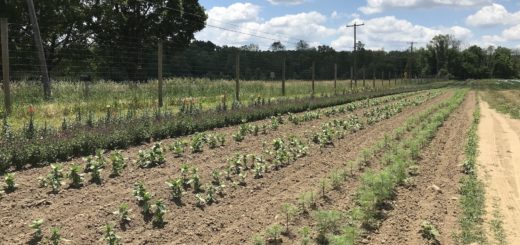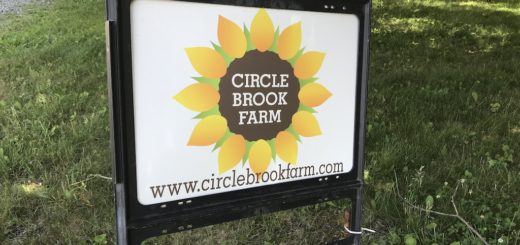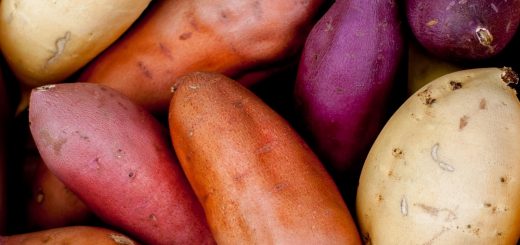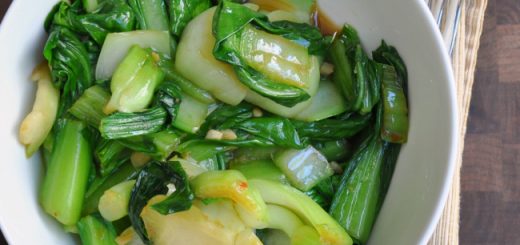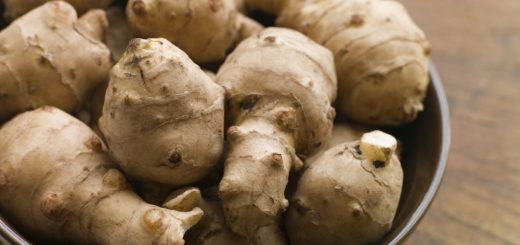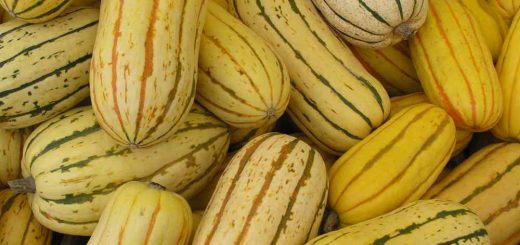Author: Bryan Housel
Farm News – November 17, 2025
Hello Folks! So, we have come to the end of the line, for this season at least. Farming is never easy, but this year was a bit more challenging than most. It is the weather, of course, that primarily determines the extent and the nature of the challenges. This year, ten days straight of drizzle and overcast skies followed by a near 100-degree heat wave in June caused the premature demise of our pea crop. Fortunately, we did not have another scorcher of such intensity for the rest of the season. But we did have consistently dry conditions through the summer and into the fall, which kept us (and the well pumps) busy trying to keep the crops hydrated. The upside is that a dry season is better than an overly wet one. (more…)
Sweet Potatoes
Sweet potatoes are native to Central and South America and are one of the oldest vegetables known to man. They have been consumed since prehistoric times as evidenced by sweet potato relics dating back 10,000 years that have been discovered in Peruvian caves. (more…)
Spicy Sesame Ginger Bok Choy
This recipe from Pinch and Swirl is written to serve 2 – feel free to double or triple it! (more…)
Farm News – November 10, 2025
Hi Folks! We have had a little bit of rain and a whole lot of wind. Tonight, the temperatures will drop into the mid-twenties- brrrr! It has been a mild fall thus far, but winter is coming! We gave up covering the peppers and picked what fruit remained on the plants. Now we are covering the hardier crops, which may still sustain some damage from a hard freeze. (more…)
Sunchokes (aka Jerusalem Artichokes)
Sunchokes, of the sunflower family, are native to North America where the natives called them “sun roots” before European settlers arrived. Samuel Champlain, a French explorer found them in Cape Cod in 1605 and pronounced them similar in taste to artichokes. But why “Jerusalem artichokes”? They don’t come from Jerusalem nor do they look like artichokes. There are a few theories: (more…)
Smashed Sunchokes with Thyme Butter
You can prepare sunchokes in a number of different ways, including raw, but we’re partial to the simplicity of this recipe – found on the Serious Eats food blog – in which they’re treated in the same way you would a small potato, like a fingerling. (more…)
Sweet and Sour German Red Cabbage
This classic German red cabbage recipe from simplyrecipes.com is one of our favorite ways to prepare red cabbage. The sugar and balsamic vinegar give the sautéed cabbage a delightful sweet and sour glaze. Try serving alongside pork chops, schnitzel, or any roast. Serves 3-4. (more…)
Farm News – November 3, 2025
Hi Folks! We received an inch and a quarter of rain from last Thursday’s storms – enough for the crops but not enough to make up for the deficit and recharge the aquifer. We have a few more tomatoes for you and we are including some generic mustard greens in the mix with the arugula – these can be spicy, not mild like the tatsoi. We still have some peppers but more green ones and turning color. We have a lot of cauliflower and are continuing the Napa cabbage broccoli rotation. We are sending some of the small sweet potatoes as an extra – they can be boiled and eaten with the skin or stir-fried. They also make great dog treats. Lettuce and carrots are back! (more…)
Delicata Squash
Delicata squash is a long, oblong-shaped squash with a cream colored, green-striped, outer skin and a golden, fine-textured inner flesh. This is one of the tastier winter squashes, with a creamy pulp that tastes a bit like corn and sweet potatoes. It can be baked or steamed and served as a side dish, seasoned with butter and herbs, providing a sweet nutty flavor with a creamy smooth texture. The thin skin is also edible. (more…)
